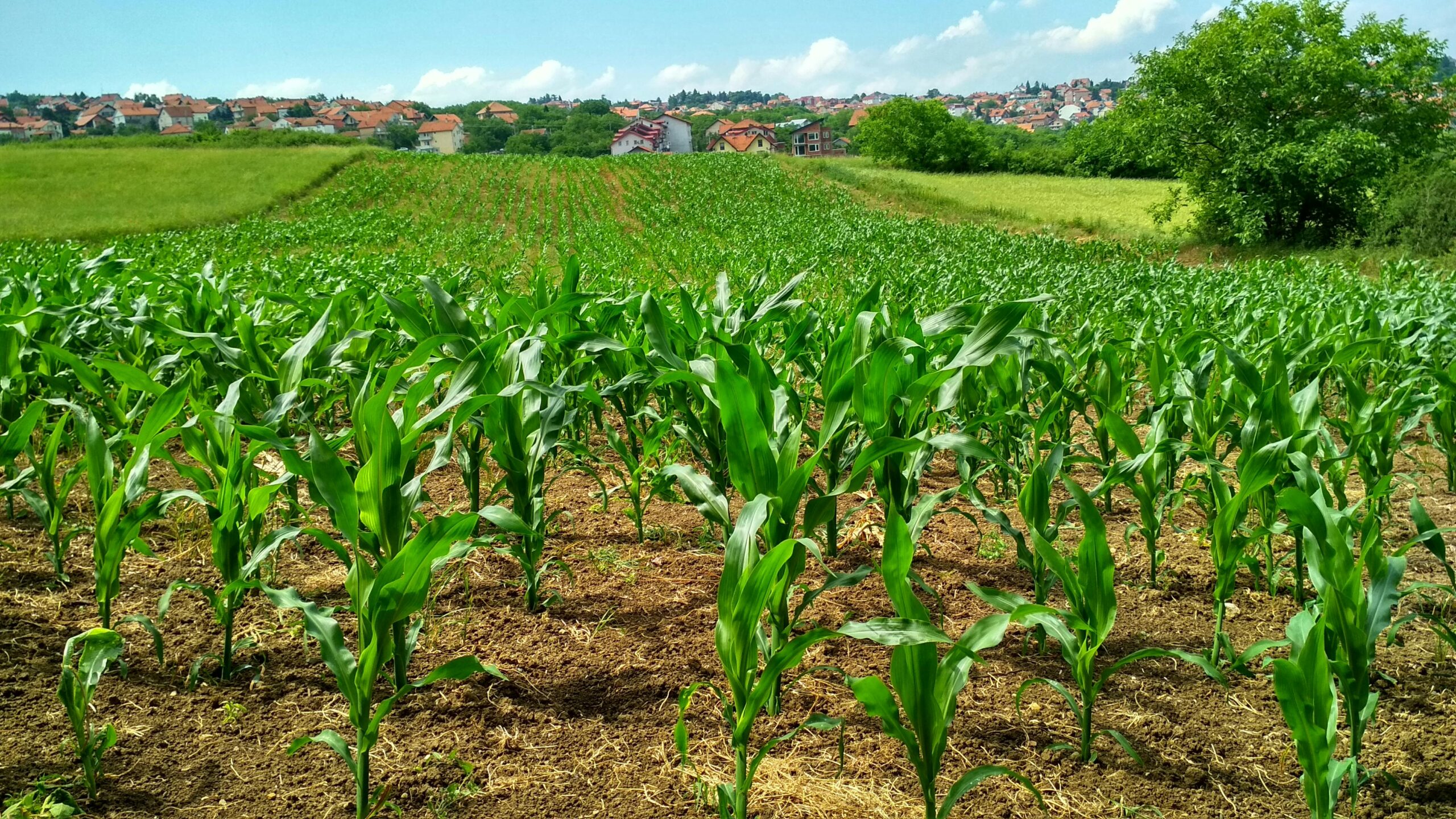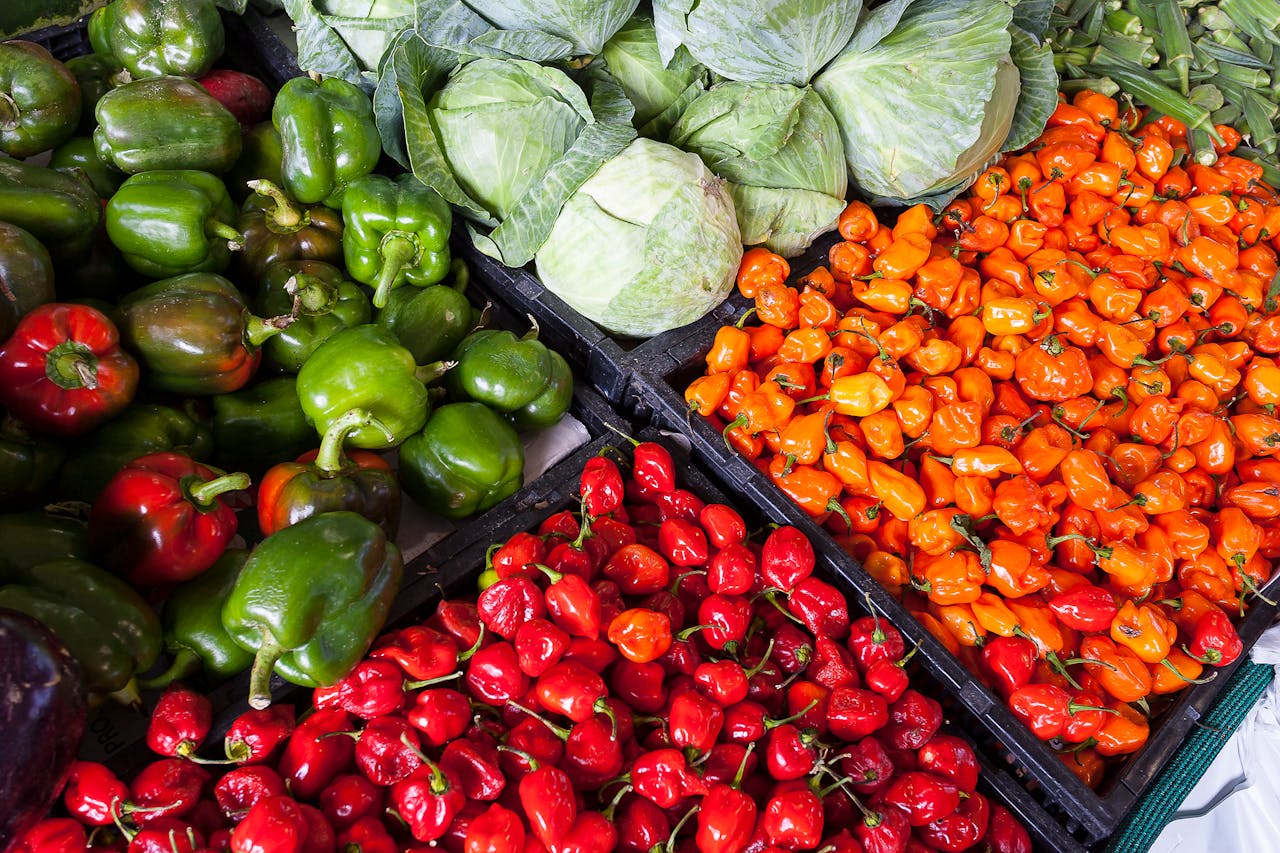Agricultural and Climatic change
This is one of our important project in our Organization

Agriculture
Agricultural production is carried out through the selection of crops suitable for the climate of a specific region and application of proper farming methods.
Therefore, agriculture is a climate dependent bio-industry with notable regional characteristics. Regional characteristics refer to the ecosystem characteristics determined by the climate of the region. Climate change disturbs the agricultural ecosystem, resulting in the change in agricultural climatic elements such as temperature, precipitation, and sunlight, while further influencing the arable, livestock, and hydrology sectors.
Agriculture and Climate

Agriculture is arguably the sector most dependent on climate. Crops and livestock are directly impacted by adverse local weather and climate. Indirectly, food production is affected by climate-driven fluctuations in water resources, and – especially in developing countries the processing, transport and storage of agricultural products are also affected by weather.
The main goal is to teach women how to farm. To use the crops to feed families, raise money, build the farm up.
To create a sustainable education farm to uneducated, poor, victimized, Neglected children.
- Strengthen and increase agricultural production in a sustainable manner through efficient water management and consolidation of irrigated agriculture on both a group and an individual basis.
- Develop agricultural production systems and other productive and income-generating activities
Project area
The project focuses on areas where people have some access to productive resources, and particularly on people living within existing or new irrigation schemes. It offers technologies to support individual irrigation systems and off-farm income-generating activities. The people who will benefit directly from the project will have a participatory role in the assessment of priority needs and in all stages of activities.
Innovative Agricultural Techniques Innovative
Implementing innovative techniques such as agroecology, crop diversification, and organic farming can significantly boost yields and sustainability. These methods not only increase productivity but also protect the environment, ensuring long-term viability of farming as a means to eradicate poverty.
Access to Education and Training
Education and training are vital for transforming agricultural practices. By equipping farmers with knowledge about modern techniques and sustainable practices, we empower them to make informed decisions that enhance productivity and income, ultimately contributing to poverty reduction.
Nutrition Education
Food security is a severe challenge for households and communities where we work. The lack of adequate nutrition affects the growth, development and safety of the vulnerable children. This is greatly attributed to declining agricultural productivity due to drought, natural disasters and the death or sickness of breadwinners. As many of our community members are suffering from poverty, we instruct the families on proper nutrition to feed their children for proper growth and development. We teach about balanced diets for the different age ranges of children, and how they can be achieved with the food that is common in the area. Also we teach people to start small scale agricultural activities so that to some important nutrition, and make easy the availability of food at home.
Project partners
This project is under the coordination of Great Hope organization All activities will be under GHO
